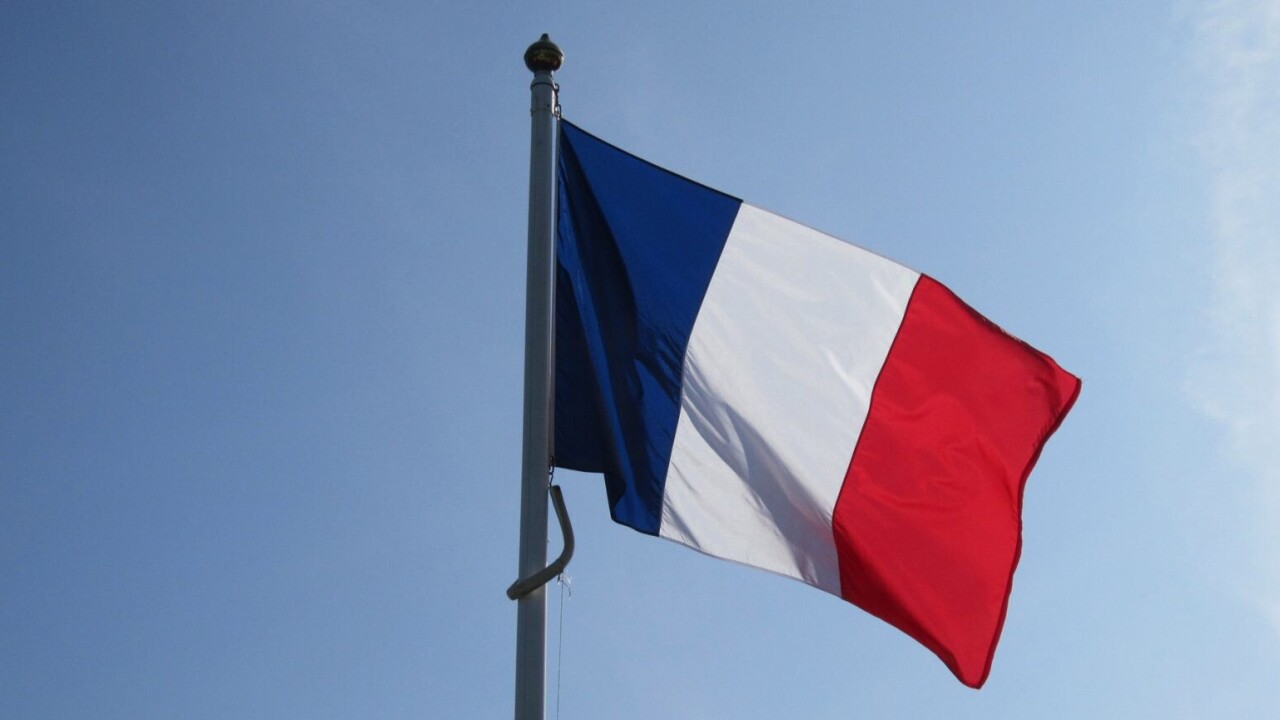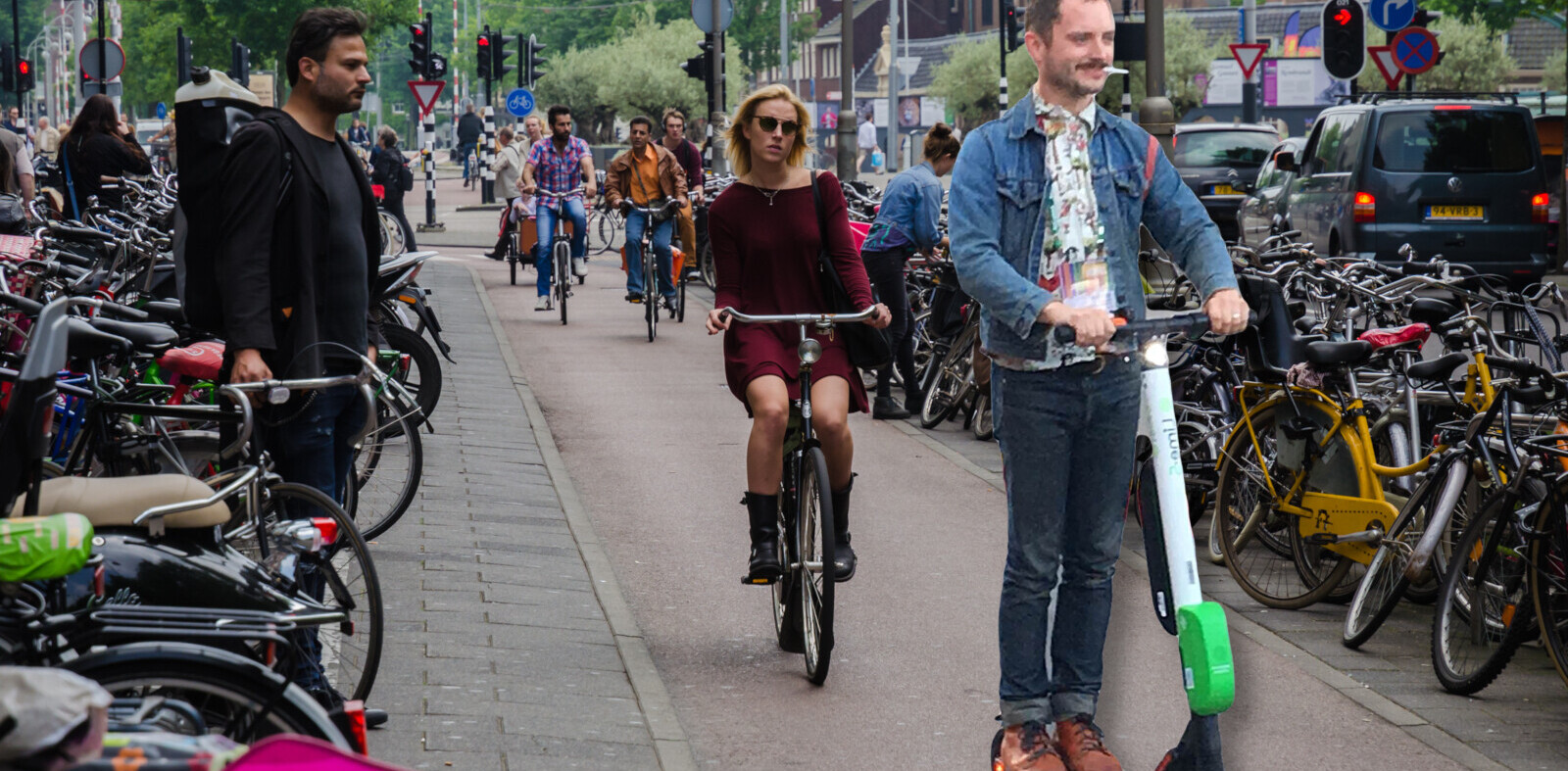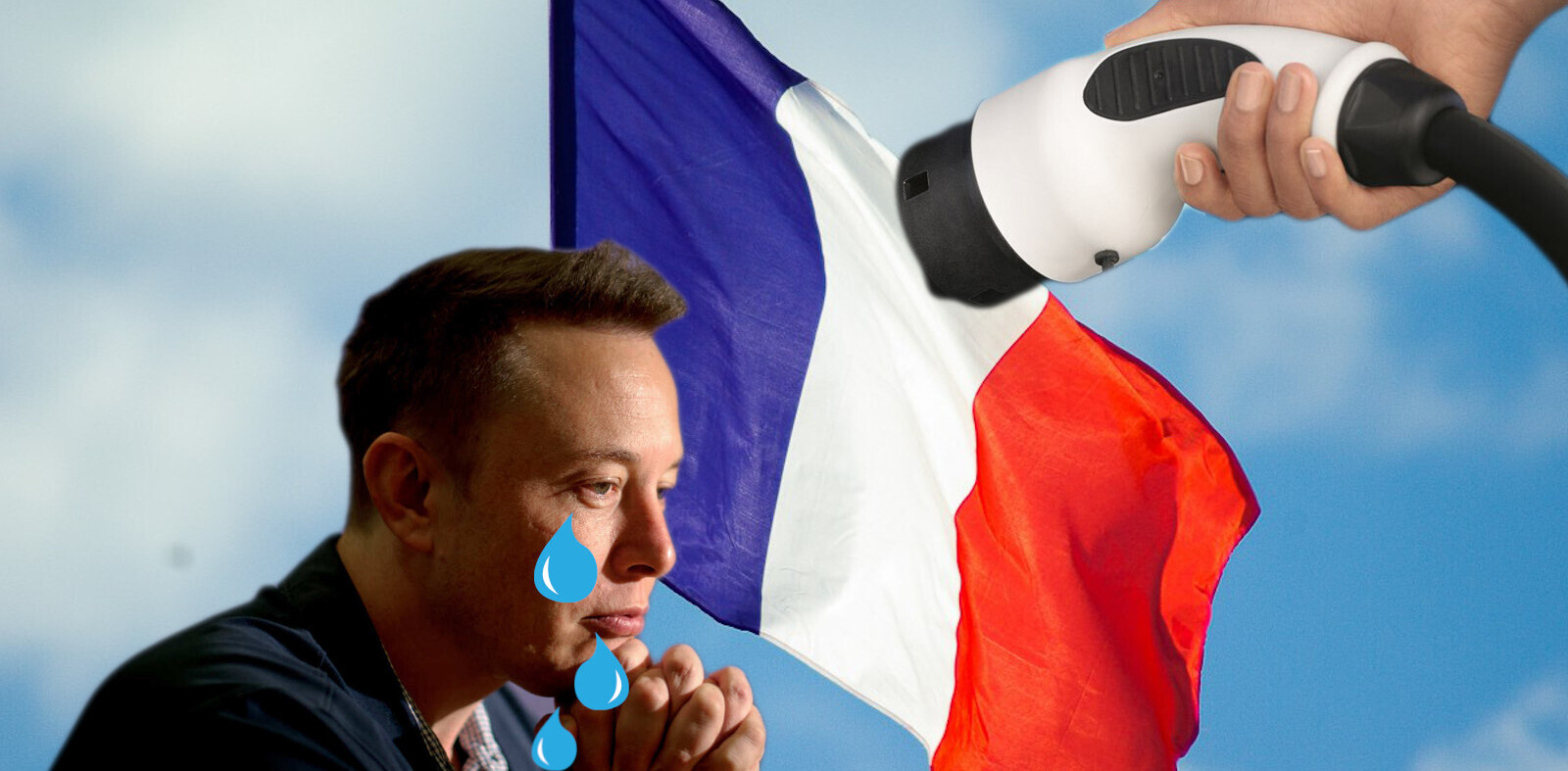France just passed a new law forcing major social media platforms requiring social media platforms such as Facebook and Twitter to remove sensitive content related to pedophilia and terrorism within just one hour of notification.
This new order also states that these platforms need to remove hateful content promoting racism, sexual discrimination, sexual harassment, and aggravated insults within 24 hours of notification.
[Read: Confetti, koalas, and candles of love: Backstage at the AI song contest]
The French authorities have also raised the cap of the fine in case of a breach from 37,500 euros ($40,534) to 1.2 million euros ($1.35 million). The fine can even go up to 4% of the company’s global revenues.
However, the law has also attracted criticism from privacy advocates fearing that it’ll throttle free speech. La Quadrature du Net, a digital rights organization said, the new law gives the police unprecedented power to decide what counts as terrorism and it can be used against demonstrators. The organization pointed out that police can also order any site in violation of the 24-hour rule to be blocked across the country.
In a statement, a Facebook spokesperson said that this regulation is important in helping combat extremist content:
For many years, fighting online hate has been a top priority for Facebook. We have clear rules against it and have invested in people and technology to better identify and remove it. Regulation is important in helping combat this type of [extreamist] content. We will work closely with the Conseil supérieur de l’audiovisuel and other stakeholders on the implementation of this law.
We’ve reached out to Google, and Twitter for comments, and we’ll update the story when we hear back.
France’s not the only one to form a law like this. The European Union has proposed such guidelines last year.
Get the TNW newsletter
Get the most important tech news in your inbox each week.






